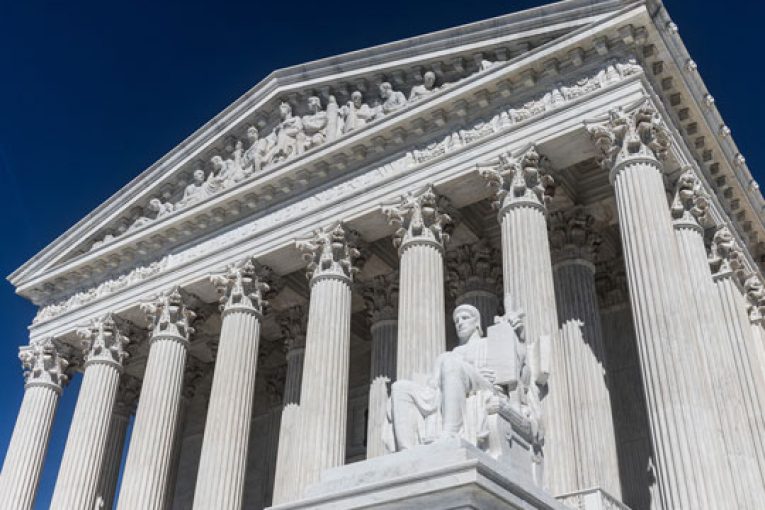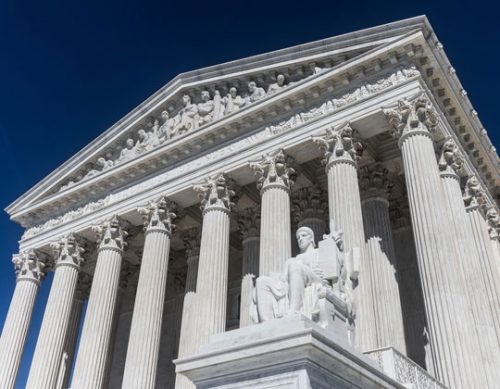

By Connie Martinez
SACRAMENTO, CA – Disability Rights California said this week it condemns the U.S. Supreme Court’s ruling in the Grants Pass v. Johnson case that allows local governments to ban sleeping outside because the decision inflicts harm on people with disabilities.
Disability Rights California (DRC) stated, “The constitution should protect all of us from the arbitrary power of the state, regardless of our status as members of a particular group.”
However, the U.S Supreme Court argues that nothing in the Cruel and Unusual Punishments Clause of the 8th Amendment stops elected officials from banishing unhoused people.
The DRC said it supports Justice Maria Sotomayor’s dissent that recognizes how “those with a history of mental health conditions… are at greater risk of homelessness” and where “less than five percent of housing in the United States is accessible for moderate mobility disabilities.”
DRC added, “Grants Pass will harm people across disabilities, especially Black, Native American and LGBTQIA2S+ individuals, survivors of domestic violence, and veterans,” adding, “Instead of correcting the failed policies that lead to houselessness, elected officials now have one more tool to support efforts to conserve and institutionalize unhoused persons.”
Criminalization is not a solution to homelessness, said the DRC, arguing, “Sweeping individuals away denies their humanity. It traps people in cycles of poverty and institutionalization.”
The statement includes a quote from former DRC client Will B., who said, “I kept trying to have upward mobility, but the Sheriff kept pushing me down and would not allow me to succeed. I was afraid to raise up because I knew I would be pushed down.”
DRC insisted, “But, as our clients continue to fight, DRC will continue to fight.”
A former encampment resident, David R., states, “This is what works: having advocates that are for you and not against you; equal assistance available for everyone; caring case management. I was given love, not judgment.”
DRC maintained it is committed to fight back against the Grants Pass decision by continual compassionate advocacy throughout California and the nation, and “make voluntary, community-based care the norm and inclusive, affordable, and accessible housing abundant.”
DRC added it is “hopeful that our society will come together ‘to address the complexities of the homelessness challenge facing the most vulnerable among us.’… That responsibility is shared by those vulnerable populations, the States and cities in which they reside, and each and every one of us.”
Another DRC former client said, “I was trying to move up from where I was, a park. I was not in a park because I wanted to live there, I had to live there. I worked and wanted to be a part of society. Just when I was in place to move on and up, the police would take everything from me. Every ticket and every sweep put me back to that spot where I started. How was I to get out when I was put right back down by the police?”
DRC urged governments to stop evictions and to get involved by continuing to “defend, advance, and strengthen the rights and opportunities of people with disabilities.”